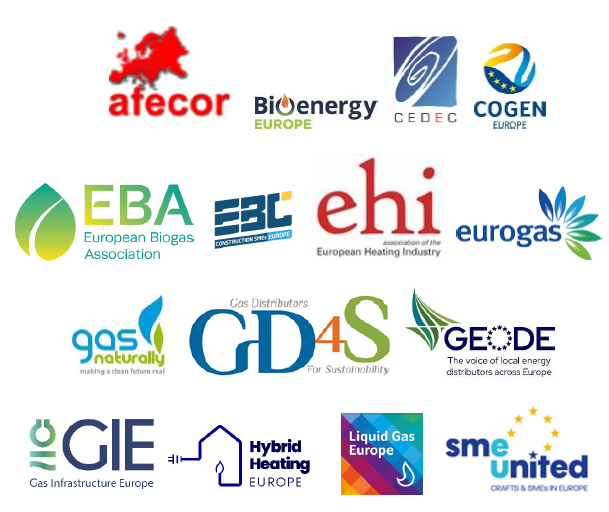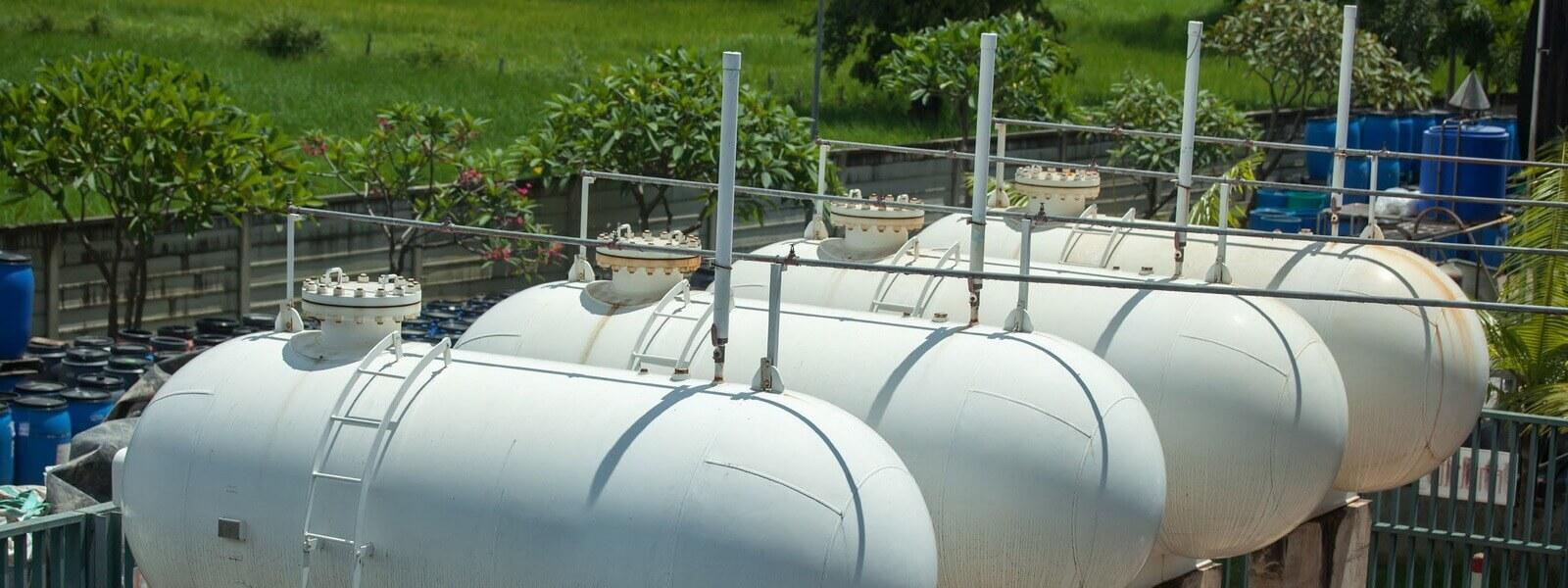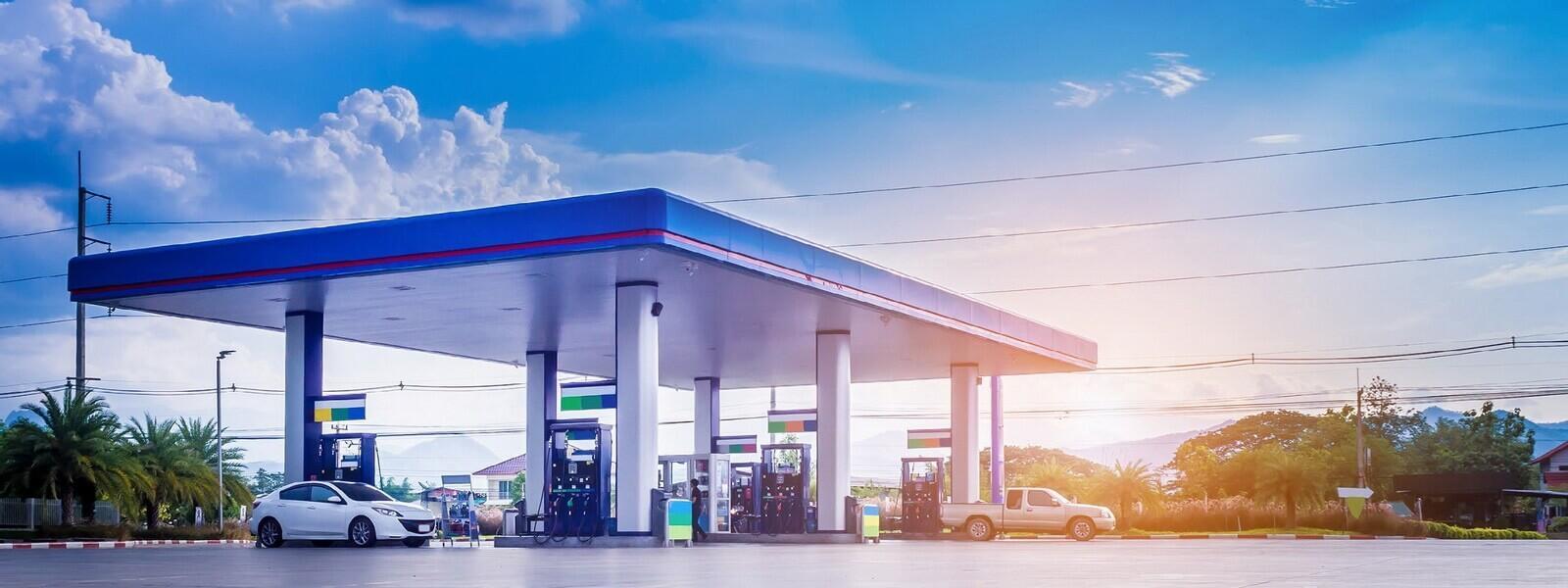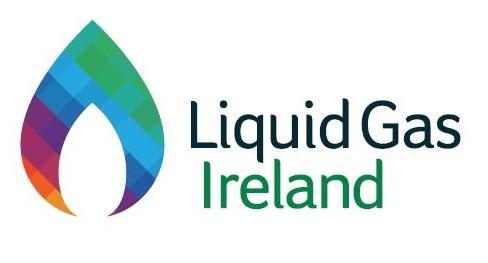
On 23 November 2022, several key EU-based energy associations published a joint statement on the revision of the Energy Performance of Buildings Directive (EPBD), calling for a bottom-up approach for integrated system efficiency.
To ensure an ambitious and cost-efficient decarbonisation of the European building stock, the statement calls on EU co-legislators to recognise the complementarity between electrification and other renewable energy solutions. All renewable and efficient energy solutions, whether generated on-site or deployed on-site via energy grids, or via off-grid supply, can play a crucial role in the energy transition.
Liquid Gas Europe highlights the off-gas-grid perspective in this joint statement. There are almost 50 million rural households in the EU and most of these are not connected to a gas grid, consequently they rely on other sources of energy to provide heat. Rural buildings are generally old: 36% were constructed before the first thermal regulations were introduced in the 1970s and are thus poorly insulated. Electricity infrastructure is also often not as well developed as that in cities and urban areas. The costs of renovation and a new heating system can be very significant and unaffordable for many. Hence solutions ideally suited to urban and suburban buildings and communities, are sometimes inappropriate for rural buildings.
The joint statement makes 4 key recommendations to achieve an increasingly renewable-based energy system, where local circumstances and consumers needs are fully considered:
- A bottom-up approach is key to ensuring cost-effective decarbonisation that takes local specificities into account and empowers local actors;
- Affordability of sustainable heating solutions should be the cornerstone of a Just Transition in the buildings sector;
- Solutions that balance peaks and reward demand side management should be integrated into any strategy to decarbonise residential heating;
- All renewable ready heating technologies should be allowed to contribute to the cost-efficient decarbonisation of the European building stock, including boilers running on renewable fuels delivered on-site.
You can find the full statement here: link










